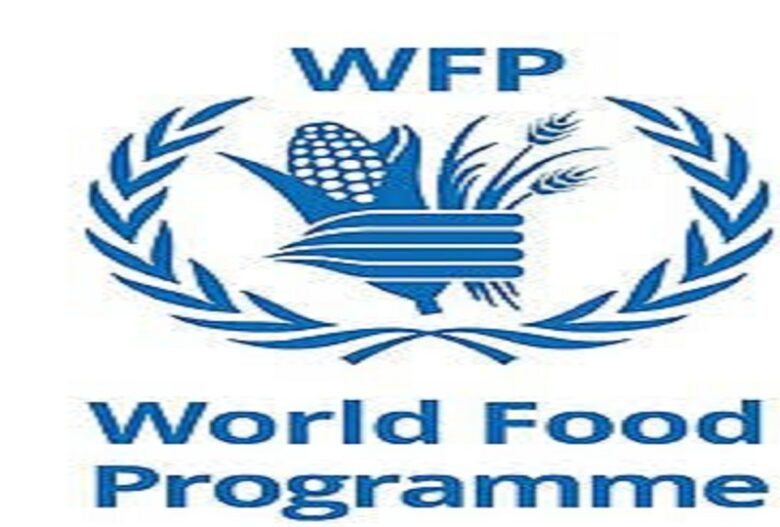The U.N. World Food Programme has struggled to raise the $400 million needed for its drought response in southern Africa, managing to collect only one-fifth of the required amount, according to a spokesperson on Tuesday. This shortfall impacts aid efforts for seven countries in the region.
Thomson Phiri, World Food Programme spokesperson for southern Africa informed Reuters that the funding environment has become more challenging as the region’s food needs have surged due to severe drought.
Southern Africa is facing its worst drought in decades, leading Zambia, Malawi, and Zimbabwe to declare states of disaster.
This drought, caused by the El Niño climate phenomenon, has disrupted global weather patterns, resulting in extreme temperatures and reduced crop yields.
Phiri mentioned in May that approximately 70% of the Southern African population dependent on rain-fed agriculture saw their harvests “wiped out” due to insufficient rainfall.
The WFP plans to utilize the funds raised so far to provide food for 5.9 million of the 27 million food-insecure people in the region until the next harvest season in 2025.
To support these communities, the WFP has begun sourcing white grain from Tanzania, South Africa, and Latin America.
Despite significant donor support, the recent food necessities are “exceptionally high and outpacing available aids” during an unprecedented drought, Phiri noted.
He added that some donors have had to reduce their aid budgets, causing people in southern Africa to endure both the historic drought and intense funding cuts.
Reena Ghelani, the UN’s climate crisis coordinator for the El Niño response, has called for urgent action.
Last week, Ghelani expressed deep concern, stating, “We are very worried. In fact, we are witnessing a sharp rise in the number of people experiencing hunger.”
She also cautioned that climate change could lead to a prolonged dry spell and more frequent droughts in the region in the coming years.
YOU MAY ALSO READ: Nigeria: ECOWAS urges protesters to heed Tinubu’s call for dialogue









Got a Question?
Find us on Socials or Contact us and we’ll get back to you as soon as possible.